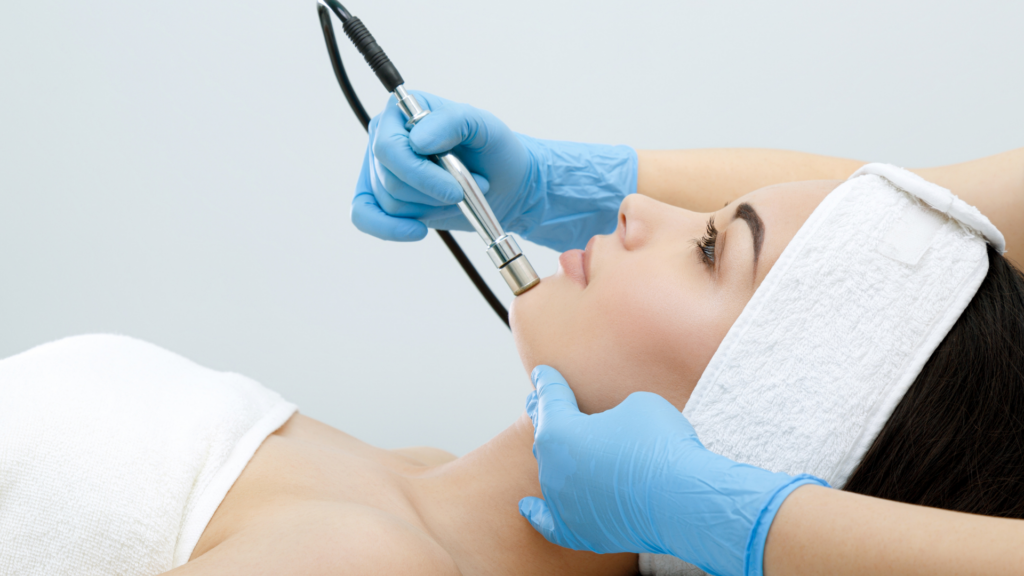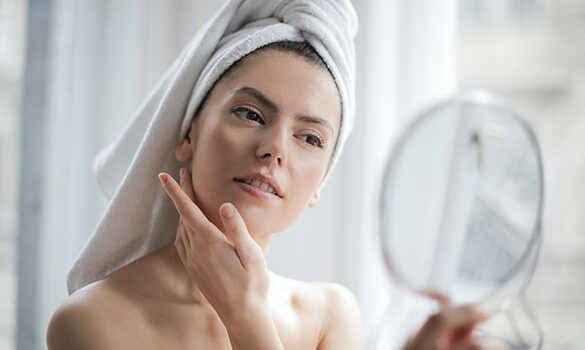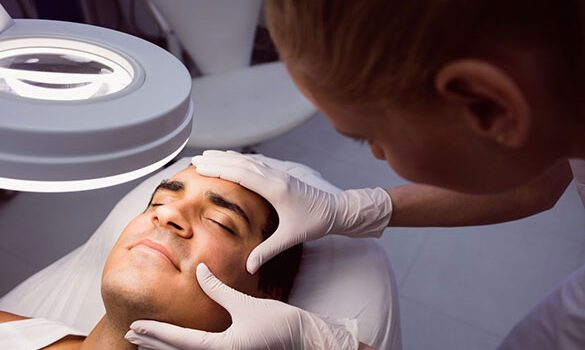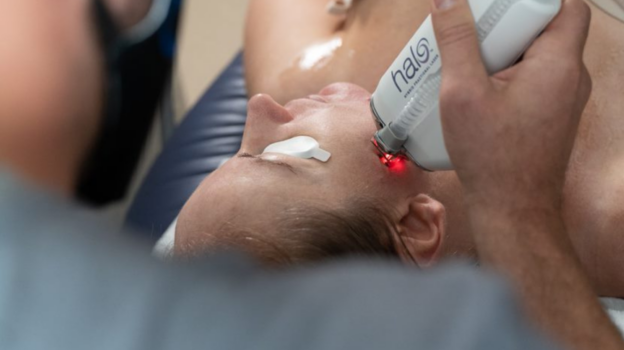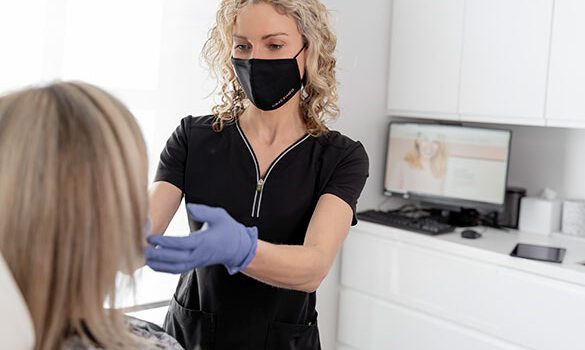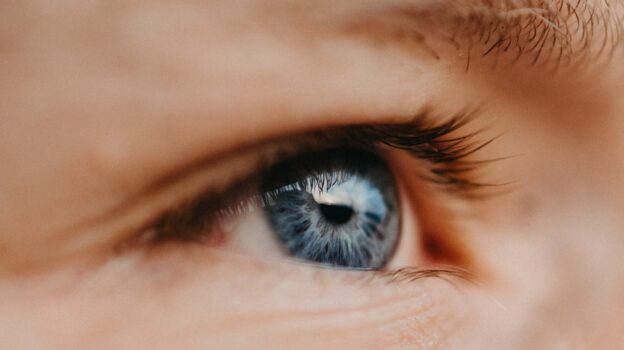Have you ever looked in the mirror and wondered what happened to your skin’s youthful glow? As we age, our skin becomes less radiant because its natural renewal process takes longer than it used to. The good news is that this can be easily addressed with proper skincare and regular exfoliation.
Our skin naturally sheds billions of cells every day. Cellular renewal is the process in which older cells die and slough away, while new skin cells work their way to the surface, emerging as new vibrant skin.
When we are in our 20’s, this process occurs approximately every 28 days. However, once we hit our 40s, skin renewal can take up to 40 days – mainly due to aging and cumulative sun damage.
This slow-down allows dead skin cells to build up, resulting in a visibly dull complexion. We may even find that our skin feels rougher, and fine lines are accentuated. This is why many turn to exfoliation treatments and products.
At GraceMed, we offer exfoliating treatments among other procedures at our clinic locations. Consider the many benefits exfoliation has to offer.
What Exactly Is Exfoliation?
Exfoliation is the process of removing dead skin cells that have accumulated on the outer surface of the skin, thus speeding up the renewal process. There are many benefits to regular exfoliation:
- Softens and smoothes skin texture
- Brightens the complexion
- Stimulates collagen
- Reduces fine lines and photo damage
- Detoxifies the skin
- Prevents breakouts by keeping pores clear
- Improves product penetration and treatment results
- Allows for even application of makeup or self-tanner
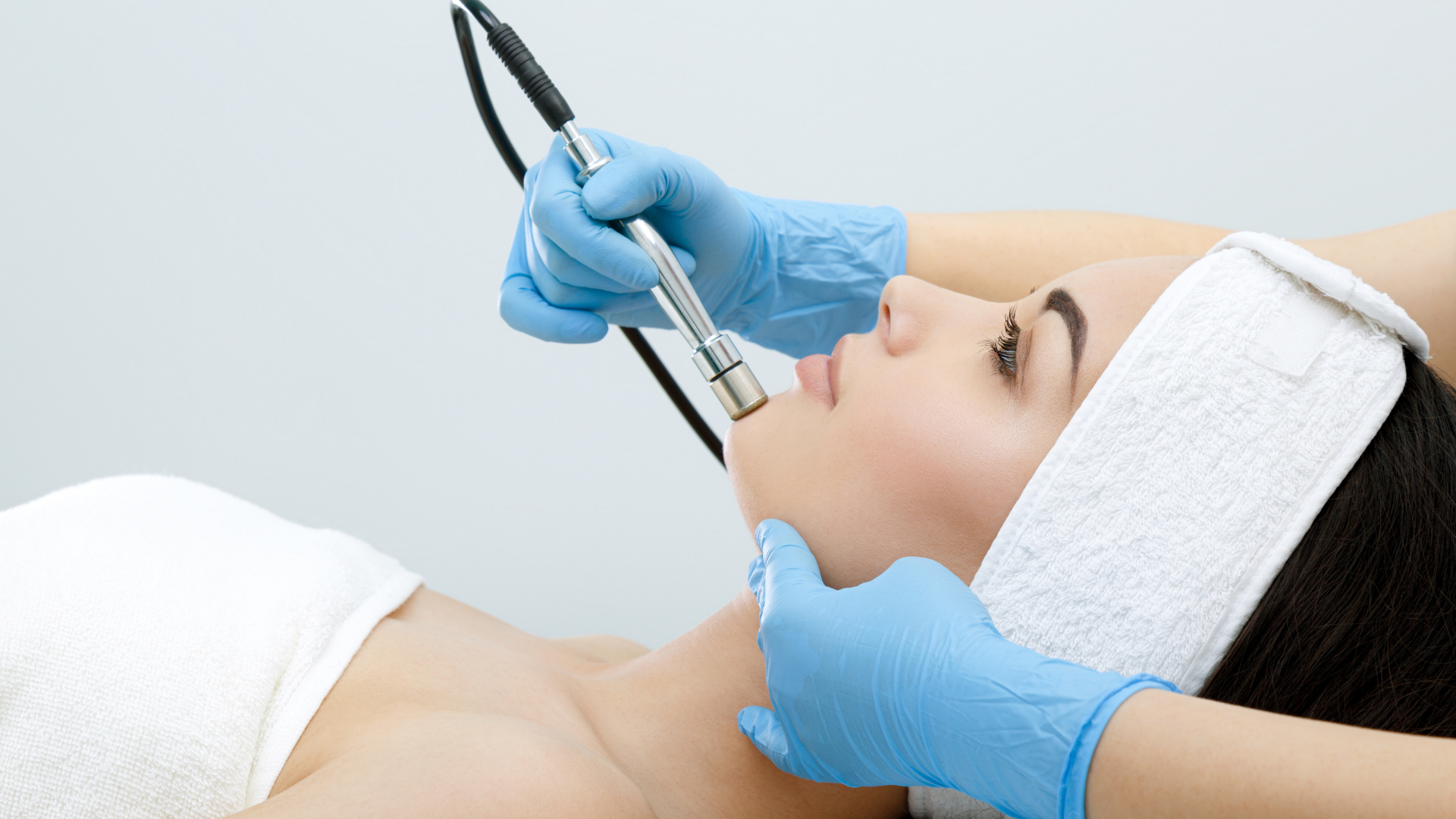
Veles-Studio Via Canva
What are the Types of Exfoliation?
There are two main types of exfoliants:
1. Physical Exfoliants
Physical exfoliants remove dead skin cells using friction. Examples include scrubs containing granules or micro-beads, loofahs, and buffing cloths. Professional microdermabrasion treatments (such as HydraFacial) are also considered a form of physical exfoliation. At GraceMed, we offer microdermabrasion in Oakville at our specialized clinic.
2. Chemical exfoliants
Chemical exfoliants are acids that dissolve the “glue” that binds dead skin cells to other skin cells and are commonly found in varying strengths in skincare products, and in professional peels. Examples of chemical exfoliants include:
- Alpha-Hydroxy Acids (AHAs): These exfoliate the outer surface of the skin and help improve the skin’s moisture content. Common AHAs include glycolic acid and lactic acid.
- Beta-Hydroxy Acids (BHAs): These exfoliate the outer surface of the skin and have the added ability to penetrate and exfoliate pores. They also have anti-inflammatory properties. A common BHA is salicylic acid.
- Fruit enzymes: These are contained in fruits such as pineapple and papaya, they digest dead skin cells and exfoliate gently without irritation.
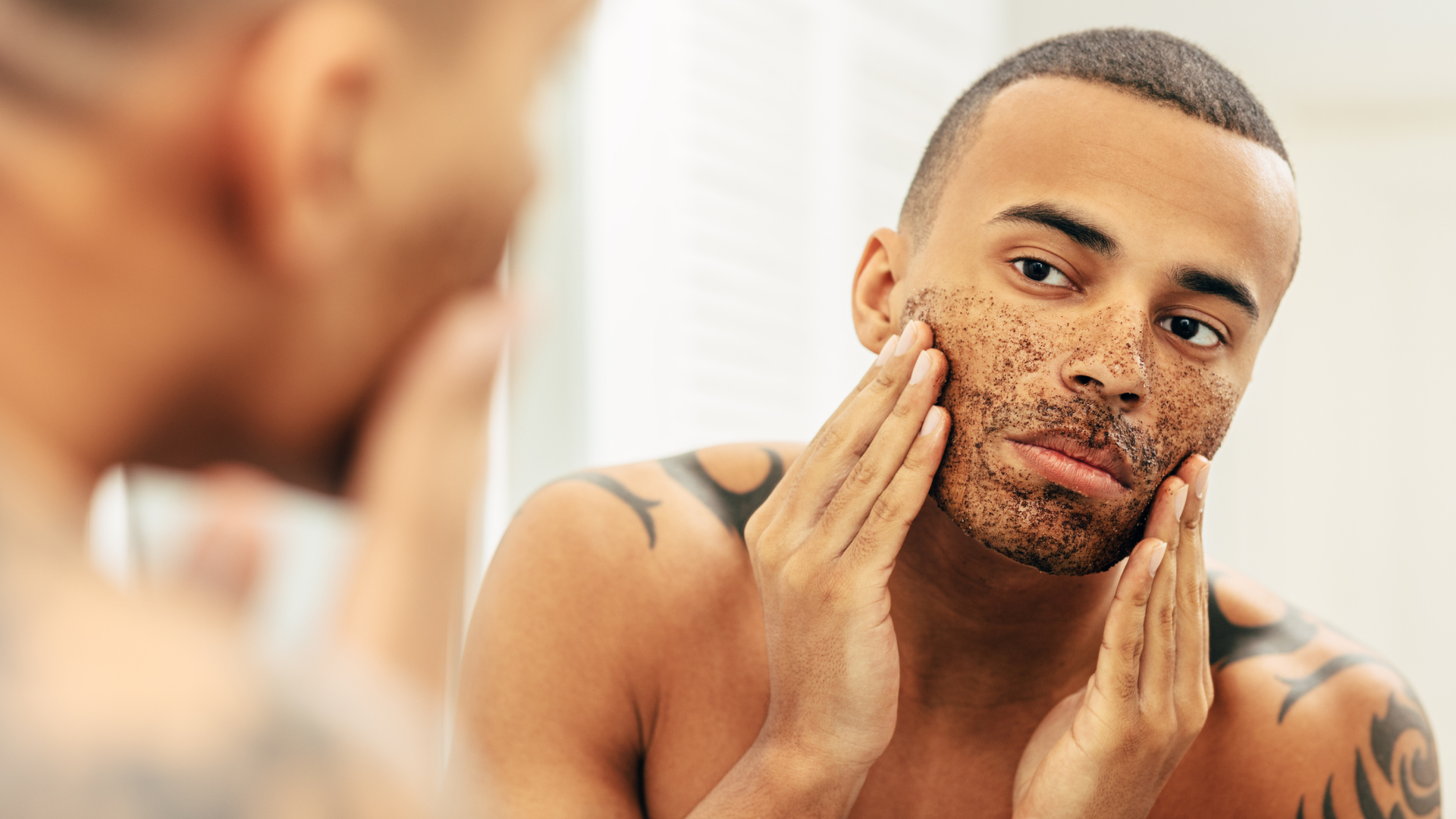
Artem Varnitsin Via Canva
Should you Exfoliate?
When deciding to incorporate exfoliation into your skincare regime, it’s important to consider your skin type. Taking your skin type into account will ensure that you are exfoliating safely and most effectively to achieve clearer, more radiant skin.
Dry/Sensitive Skin Types & Exfoliation:
For those who have dry skin, it is important to avoid ingredients in products that could dehydrate the skin. For example, ingredients such as benzoyl peroxide and aggressive retinoids can be drying to the skin. A gentler approach for exfoliating dryer skin types would be to use a mild lactic or glycolic acid.
Mild exfoliation can be achieved at home with the appropriate skincare products, and results can be maximized by combining several exfoliating techniques.
Oily/Combination Skin Types & Exfoliation:
Oily skin types may tolerate stronger exfoliating options. Stronger exfoliation products such as salicylic acid are great for those with oily skin as this ingredient will help prevent future breakouts from occurring.
Medical Grade Skincare for Exfoliation: ZO Skin Care
Oily skin types may also benefit from stronger physical exfoliants such as ZO’s Exfoliating Polish which uses magnesium crystals to buff dead skin cells off the surface layer of the skin to reveal a smoother, more radiant complexion. Another exfoliating product by ZO is the Exfoliating Cleanser which works well as a daily cleanser for combination to oily skin types.
ZO also has a range of chemical exfoliant products as well as retinol that help enhance your exfoliation at-home regimen. If you are interested in learning more about the ZO skincare line visit GraceMed Oakville where a medical aesthetician can assess your skincare needs and make appropriate skincare recommendations for you.
Professional Exfoliation Treatments:
For those seeking more intense exfoliation, or to improve specific skin concerns, professional exfoliating treatments can be very beneficial. Chemical peels use specific AHAs or BHAs, often in combination, to correct signs of aging and restore skin’s radiance.
HydraFacial uses technology to combine both physical and chemical exfoliation, immediately improving the overall look and health of the skin without any downtime. HydraFacial treatments are greatly beneficial for rejuvenating your skin’s appearance.
If you are interested in learning more about HydraFacial treatments, visit GraceMed Oakville to book a treatment!
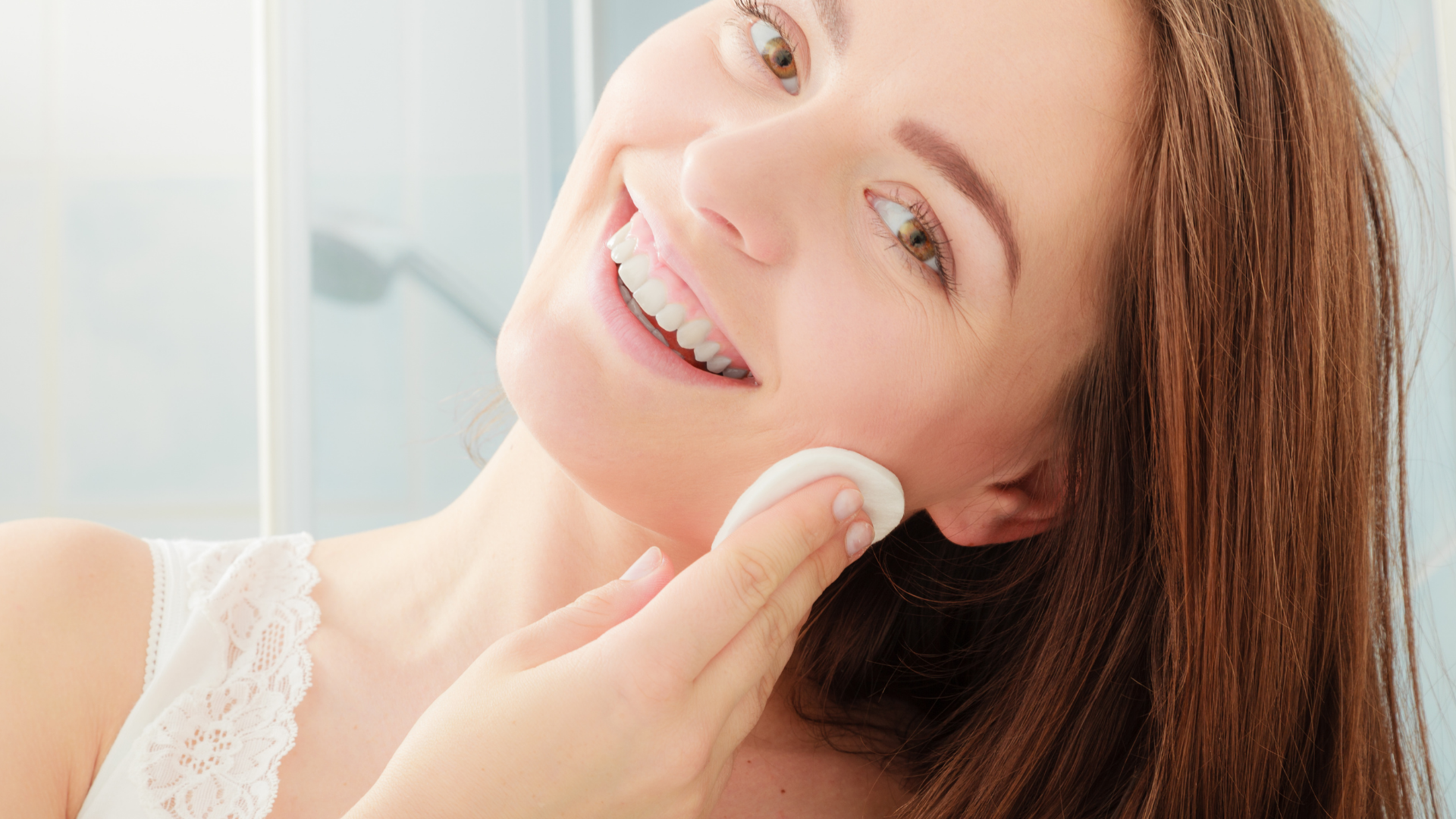
Voyagerix Via Canva
When to Exfoliate:
The best time to exfoliate may depend on your habits and daily lifestyle, and of course your existing skincare routine. For example, if you wear makeup daily, exfoliating at night will help lift any remaining makeup particles from your skin and help ensure that your skincare products are absorbed properly.
If you find your skin is oilier, exfoliating in the morning may be preferable to help remove excess sebum and oil from your complexion.
Before you Exfoliate:
Prior to exfoliating your skin, you should ensure that you do not have a sunburn or irritated skin. Exfoliating a sunburn or irritated skin will cause further irritation and may be quite uncomfortable. As previously mentioned, it is important to integrate sunscreen into your skincare regimen when exfoliating your skin.
After you Exfoliate:
After you have thoroughly rinsed your skin from any remaining exfoliating product, you should pat dry with a clean washcloth before applying other products. You should then proceed to apply your moisturizer or hydrating serum to help hydrate your complexion. If you exfoliate in the morning, you should then also apply your sunscreen after your moisturizer to protect your skin from the sun.
When to Stop Exfoliating:
Of course, there can be too much of a good thing! It is important not to over-exfoliate as this may strip the skin of essential oils and cause excessive dryness or irritation. At home, you may be able to use gentle exfoliating products daily, while more aggressive products may only be tolerated 1-2 times per week. Professional treatments should be done 1-2 times per month at the most. Because exfoliated skin is more vulnerable to sun exposure, it is essential to protect it daily with a broad-spectrum sunscreen of at least SPF 30.
Exfoliation at GraceMed
If you are unsure of what type of exfoliation is best suited for you, it would be beneficial to schedule a consultation and skin analysis with a skincare professional. This will give you an opportunity to discuss your goals and learn about which products or treatments will give you the results you are looking for.


